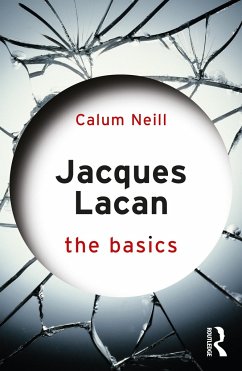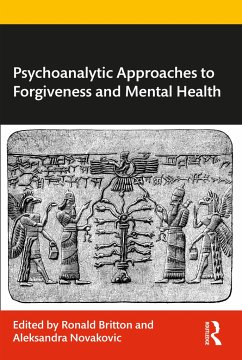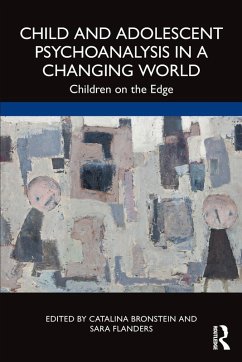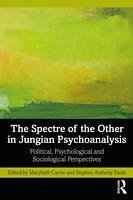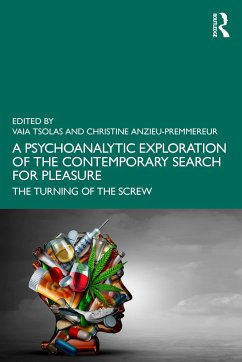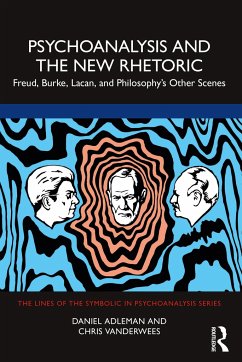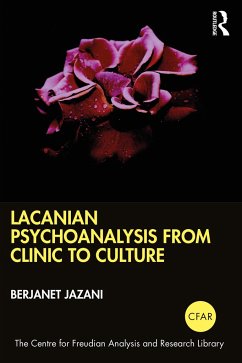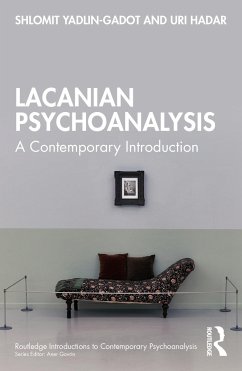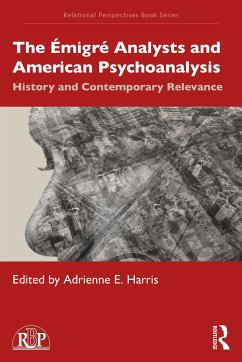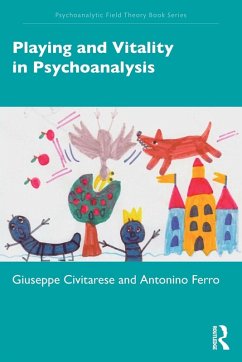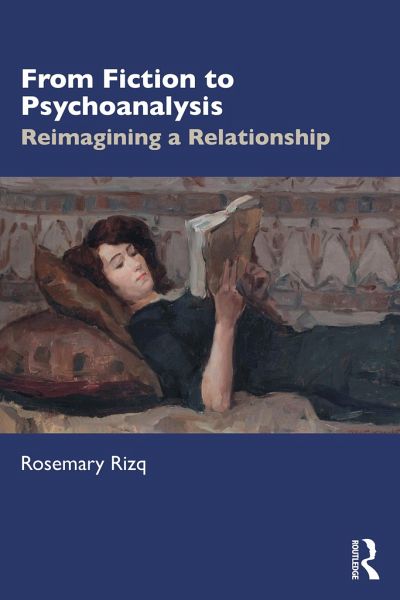
From Fiction to Psychoanalysis
Reimagining a Relationship
Versandkostenfrei!
Versandfertig in 6-10 Tagen
28,99 €
inkl. MwSt.
Weitere Ausgaben:

PAYBACK Punkte
14 °P sammeln!
How can reading literary fiction shed light on the way we speak ourselves within psychoanalysis? Rather than offering psychoanalytic insights into literature, Rosemary Rizq, a practicing psychologist and psychoanalytic psychotherapist, explores what literary fiction can bring to psychoanalysis.In this fascinating collection of essays, she draws on stories written by authors ranging from Henry James to Kazuo Ishiguro and Colm Tóibín. By investigating the possibilities for 'fruitful encounter and dynamic exchange' between psychoanalysis and literature, Rizq sets out to offer a fresh perspectiv...
How can reading literary fiction shed light on the way we speak ourselves within psychoanalysis? Rather than offering psychoanalytic insights into literature, Rosemary Rizq, a practicing psychologist and psychoanalytic psychotherapist, explores what literary fiction can bring to psychoanalysis.
In this fascinating collection of essays, she draws on stories written by authors ranging from Henry James to Kazuo Ishiguro and Colm Tóibín. By investigating the possibilities for 'fruitful encounter and dynamic exchange' between psychoanalysis and literature, Rizq sets out to offer a fresh perspective on theoretical ideas that are often presented within the psychoanalytic literature in abstract, overly technical ways. In a remarkably fresh approach, this book explores how fiction can inform, illuminate and even transform our understanding of psychoanalysis.
Written for practicing clinicians, academics and students as well as for the wider public, this book offers an original and revealing perspective on the overlapping knowledge-claims and concerns of both literary fiction and psychoanalysis.
In this fascinating collection of essays, she draws on stories written by authors ranging from Henry James to Kazuo Ishiguro and Colm Tóibín. By investigating the possibilities for 'fruitful encounter and dynamic exchange' between psychoanalysis and literature, Rizq sets out to offer a fresh perspective on theoretical ideas that are often presented within the psychoanalytic literature in abstract, overly technical ways. In a remarkably fresh approach, this book explores how fiction can inform, illuminate and even transform our understanding of psychoanalysis.
Written for practicing clinicians, academics and students as well as for the wider public, this book offers an original and revealing perspective on the overlapping knowledge-claims and concerns of both literary fiction and psychoanalysis.





